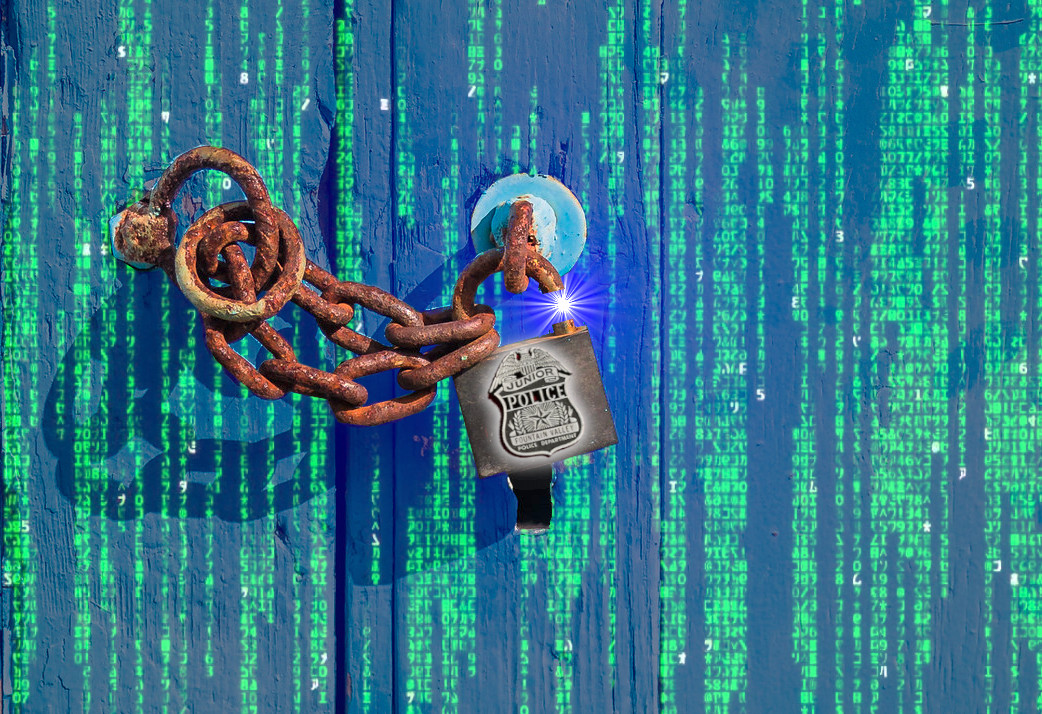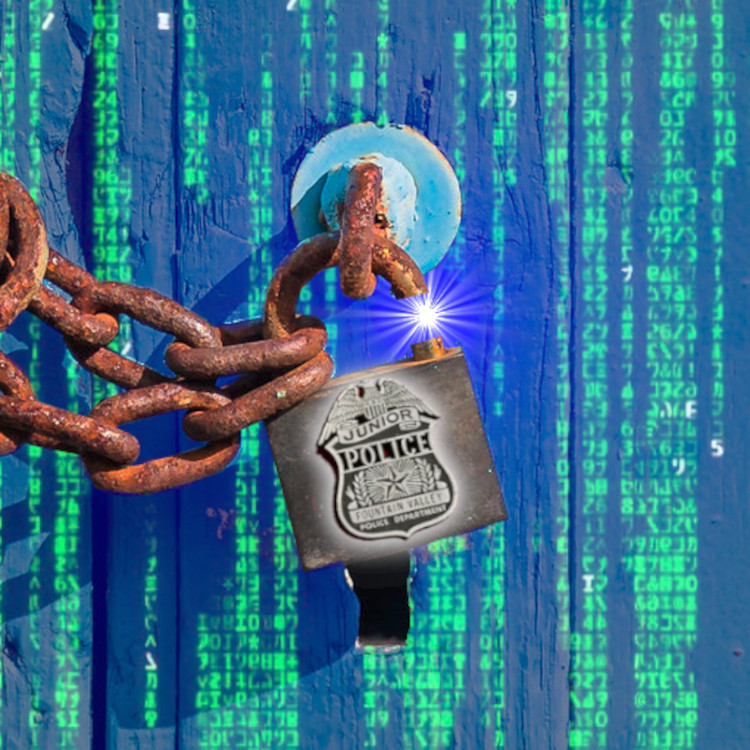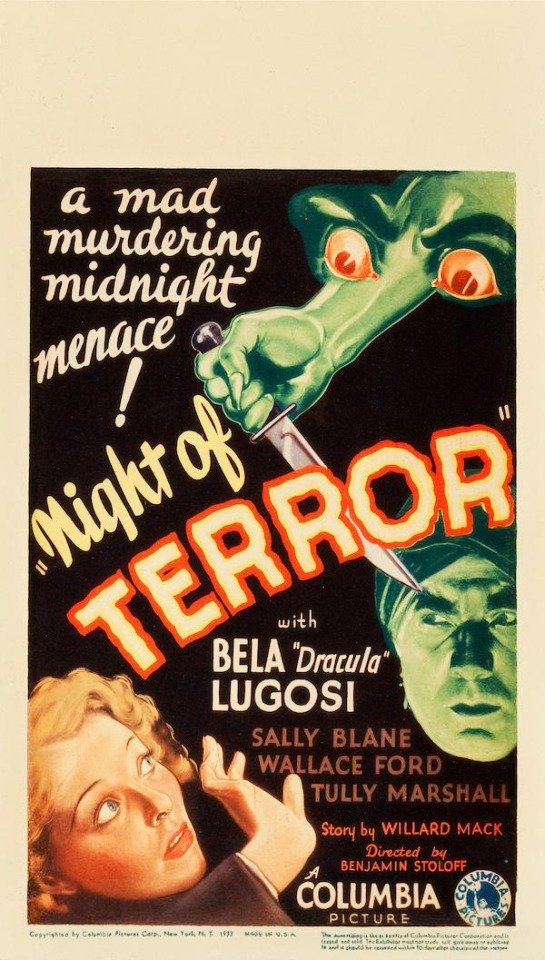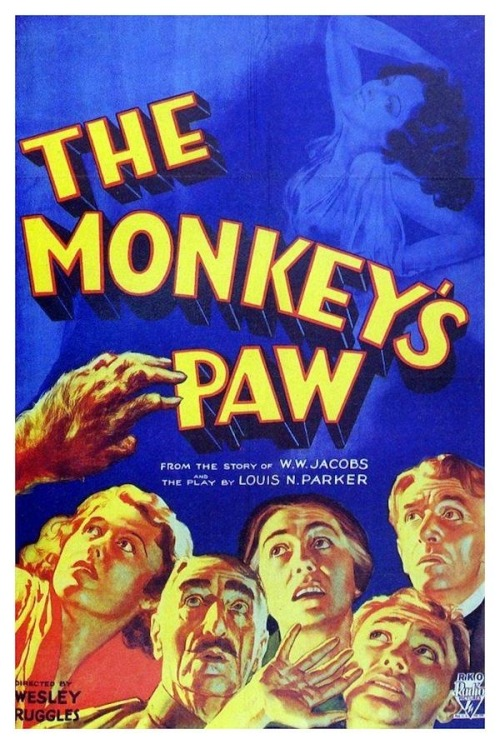
This week on my podcast, I read my @medium column, "The Byzantine Premium," which examines the contradiction at the heart of cryptocurrency advocates' stated desire to have cryptos serve as money.
onezero.medium.com/the-byzantine-… 1/
onezero.medium.com/the-byzantine-… 1/
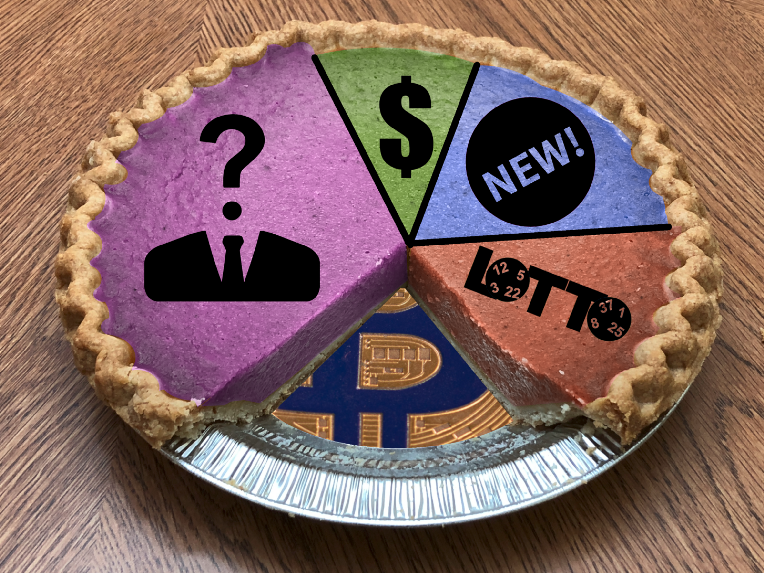
If you'd like an unrolled version of this thread to read or share, here's a link to it on pluralistic.net, my surveillance-free, ad-free, tracker-free blog:
pluralistic.net/2022/03/28/dum… 2/
pluralistic.net/2022/03/28/dum… 2/
The article draws on Alex Pickard's article "Cryptocurrencies: The Power of Memes," for @RA_Insights, which breaks down the valuation of cryptos into four factors:
researchaffiliates.com/publications/a… 3/
researchaffiliates.com/publications/a… 3/
I. Fair value: This is the intrinsic value of a token, based on its utility as a means of exchange and/or a unit of account. Anything that does something money-like has some value, after all. 4/
II. The avant-garde premium: The additional value arising from being lucky or insightful enough to buy a cryptocurrency when its value was not yet obvious and the price was still low. 5/
III. The speculation premium: The price bump driven by people who buy cryptocurrency because they think it will go up in value (if you buy and hold, you are a speculator) 6/
IV. The Byzantine premium: The part of the price that comes from confused people piling into cryptocurrency because they don't want to be left out, and they assume that everyone else must know something they don't 7/
This analysis exposes the contradiction at the heart of cryptocurrency boosting. If cryptos become money, then three out of four of these factors go away, along with their contribution to the price of crypto assets. 8/
If it's "money," it doesn't have first-mover advantages or speculative value or confused suckers goosing the price. 9/
That's not the whole story, though. Remember that the first factor is "fair value," the intrinsic worth of something that serves as a medium of exchange and a store of value. 10/
Cryptos are very bad at both - they're extremely volatile, which makes them unsuited to being used as money. Coiners even hold an annual "celebration" to recognize that only an idiot spends their coins:
moneycontrol.com/news/business/… 11/
moneycontrol.com/news/business/… 11/
So if cryptos become money, the "fair value" will rise. The question is, will it rise enough to make a dent in the losses that come from the collapse of speculation, novelty and suckers? 12/
As I write in my column, it doesn't look good. Take @kevinroose's @nytimes article, "Bitcoin Was Made for This Moment. So Why Isn’t It Booming?"
nytimes.com/2022/03/11/tec… 13/
nytimes.com/2022/03/11/tec… 13/
Roose points out that crypto advocates claim that market-controlled cryptocurrencies are a hedge against democratically controlled "fiat" currencies. They are meant to be especially useful during times of inflation, civil unrest or state overreach. 14/
We're living through all three. But Ukraine's digital minister says that cryptos aren't particularly important to the country's fundraising efforts, and even Ukraine's elite report struggling to convert their money to crypto. 15/
The complexity and volatility of cryptos also foiled Canada's trucker convoy, which should have been a perfect test-case for cryptos, especially after @JustinTrudeau invoked powers designed for nuclear armageddon and other national emergencies to deal with a local protest. 16/
As @web3isgreat's @molly0xFFF told @TWiStartups, the truckers raised a bunch of cryptos, but struggled to turn those into the Canadian dollars that could be converted to gasoline and food.
17/
17/
And of course, we're living through a moment of historically high inflation, a phenomenon driven by war, supply chain shocks, and monopoly price-gouging:
pluralistic.net/2022/03/15/san… 18/
pluralistic.net/2022/03/15/san… 18/
But despite all that, cryptos' valuations are trending down. The experts Roose consults point to all the predictable factor for this: investors are leery of the volatility, complexity (and the scams that complexity hides) and speculative nature of cryptocurrency. 19/
In other words, the reasons people who need an alternative to "fiat" currency give for not using cryptos as money are the same factors that drive its value: novelty, speculation and suckers. 20/
That certainly highlights the contradiction: Pickard's notion that coiners can have valuable assets, or money, but not both. 21/
As I wrote in this week's Medium column, "The Best Defense Against Rubber-Hose Cryptanalysis," the #cypherpunks - progenitors of the cryptocurrency movement - weren't wrong to say that privacy changes the relationship of the public to the state.
onezero.medium.com/rubber-hoses-f… 22/
onezero.medium.com/rubber-hoses-f… 22/
But they *were* wrong to claim that that change meant that we could sidestep corrupt state institutions. The true liberatory power of cryptography is in providing a temporary advantage to dissident movements while they plan and execute reforms that promote the rule of law. 23/
Claims to revolutionary social potential can either mean that something marvelous is afoot, or that someone is trying to sell you something. Given both the speculation premium and the Byzantine premium in cryptocurrency, there is a *lot* of selling going on. 24/
To get a more sober look at that selling, I strong recommend The (Edited) Latecomer's Guide to Crypto, in which White and her colleagues dissect a giant, 14,000 word explainer Roose published in the *Times* last week.
mollywhite.net/annotations/la… 25/
mollywhite.net/annotations/la… 25/
Here's the podcast episode:
craphound.com/news/2022/03/2…
And here's a direct link to the MP3 (hosting courtesy of the @InternetArchive; they'll host your stuff for free, forever):
archive.org/download/Cory_…
And here's the RSS for my podcast feed:
feeds.feedburner.com/doctorow_podca… 26/
craphound.com/news/2022/03/2…
And here's a direct link to the MP3 (hosting courtesy of the @InternetArchive; they'll host your stuff for free, forever):
archive.org/download/Cory_…
And here's the RSS for my podcast feed:
feeds.feedburner.com/doctorow_podca… 26/
Image:
Jakub-gdPL
commons.wikimedia.org/wiki/File:Lott…
Famartin
commons.wikimedia.org/wiki/File:2021…
CC BY-SA 4.0
creativecommons.org/licenses/by-sa…
Delwar Hossain
commons.wikimedia.org/wiki/File:Noun…
CC BY 4.0
creativecommons.org/licenses/by/4.…
Jernej Furman
flickr.com/photos/9126119…
CC BY 2.0
creativecommons.org/licenses/by/2.…
(modified) 27/
Jakub-gdPL
commons.wikimedia.org/wiki/File:Lott…
Famartin
commons.wikimedia.org/wiki/File:2021…
CC BY-SA 4.0
creativecommons.org/licenses/by-sa…
Delwar Hossain
commons.wikimedia.org/wiki/File:Noun…
CC BY 4.0
creativecommons.org/licenses/by/4.…
Jernej Furman
flickr.com/photos/9126119…
CC BY 2.0
creativecommons.org/licenses/by/2.…
(modified) 27/
• • •
Missing some Tweet in this thread? You can try to
force a refresh


